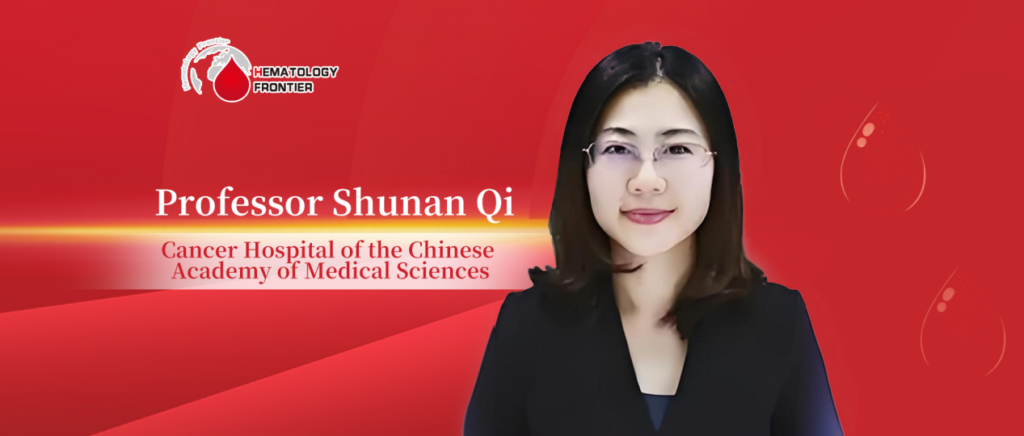
Editor’s Note: With the rapid development of medical technology, modern lymphoma treatment has become a key focus in the field of oncology. From May 25 to 26, the Modern Lymphoma Treatment Academic Conference and the 5th International Lymphoma Radiation Oncology Group (ILROG) Continuing Education Annual Meeting were successfully held online. The conference featured thematic speeches, in-depth case analyses, and scientific experience exchanges, covering various subtypes including Hodgkin lymphoma, diffuse large B-cell lymphoma, indolent lymphoma, extranodal lymphoma, plasma cell myeloma, and more. Core topics focused on the application of high-tech, optimization strategies for radiation therapy, new treatment methods, precise classification, and diagnostic techniques, providing participants with valuable insights into the latest advancements and future trends in the field. Notably, the conference brought together many internationally renowned experts who provided in-depth analyses and interpretations of lymphoma guidelines, evidence-based medicine, and clinical practice, offering excellent academic references. Professor Shunan Qi from the Cancer Hospital of the Chinese Academy of Medical Sciences, representing the organizing unit of this conference, gave an exclusive interview to "Oncology Frontier - Hematology Frontier" to provide a detailed interpretation of the conference's exciting content and advancements.Oncology Frontier – Hematology Frontier:At this conference, you presented on “The Benefits of Radiation Therapy in Marginal Zone Lymphoma (MZL) and Extranodal Marginal Zone Lymphoma of Mucosa-Associated Lymphoid Tissue (MALT).” Could you share the main findings of this research and its significance for guiding clinical practice?
Professor Qi Shunan: Over the past five years, our research team has conducted a series of modeling and data analysis studies in the field of indolent lymphoma. Using internationally available database resources and domestic multicenter cohort data, we have conducted in-depth research. These studies have not only deepened our understanding of the efficacy of indolent lymphoma treatments but also posed a critical question: Does the choice of treatment affect the survival outcomes of patients with indolent lymphoma?
Starting from this question, we used big data analysis and found that in the early stages of the disease, radiation therapy is an indispensable treatment method, and its absence may adversely affect patient survival. Subsequent studies supported this finding, confirming that radiation therapy effectively controls disease progression and translates into significant clinical benefits, providing evidence-based support for clinical practice. The content of this lecture resonates with the various instructive special reports at the conference, reflecting on optimizing comprehensive lymphoma treatment from different angles and offering novel and diversified academic perspectives, providing valuable references for comprehensive lymphoma treatment.


